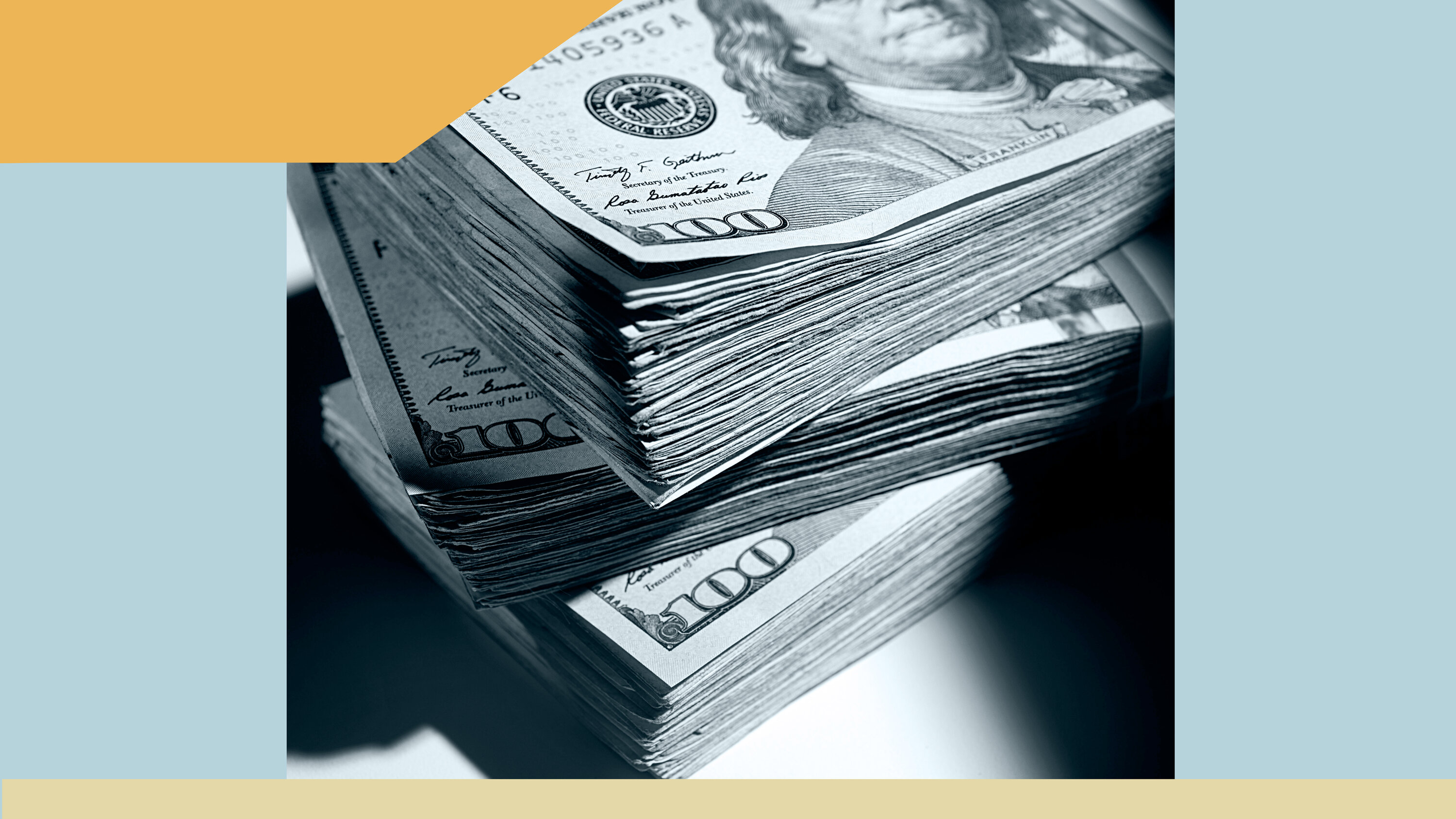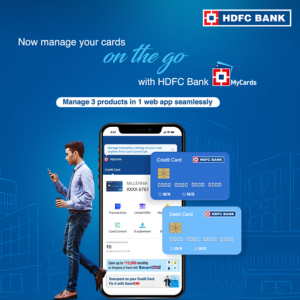The U.S. economy is throttled by inflation, volatile markets and weaker activity, all suggesting growth is softening but hasn’t fallen off of a cliff — yet.
Even still, consumer spending and job creation remain robust, contributing to what Axios’ Neil Irwin recently called “the great weirdness” of the U.S. economic status quo. Why it matters: That same weirdness has opened a gulf between what official data reflects and the perception of everyday consumers — relatively flush with cash but ravaged by white-hot prices eating into spending power.
The irony is that consumers, though in a glum mood, are keeping growth and inflation afloat by continuing to spend. That, in turn, has emboldened companies to pass that along in higher prices. Also, the labor market is as tight as it's ever been, awash in unfilled positions (hello Great Recession), and the economy is generating above-average jobs growth despite spiking prices. Driving the news: U.S. gross domestic product figures due this Thursday may show that the economy posted its second consecutive quarter of contraction — satisfying the textbook definition of recession even if officials are loath to deem it such.
Even if GDP posts a negative print this week, it’s unlikely to settle the raging recession debate, not least of which because it could take months or longer for the National Bureau of Economic Research (NBER) to make a formal declaration.
The NBER’s criteria is a bit different from conventional metrics of what constitutes a recession. With unemployment still historically low and consumers still opening their wallets with reckless abandon, the NBER’s more stringent benchmarks haven’t been met (as far as we know). The NBER’s verdict may not be conclusive, if it comes at all. For example, in November 2001, the organization declared a contraction began in March, but didn’t call its end until … July 2003. What they’re saying: “Net, net, consumers are still spending their hearts out which keeps the recession from becoming a reality,” according to FWDBonds chief economist Chris Rupkey.
“The old rule of thumb from the 80s is that three consecutive months of declining retail sales meant the economy had fallen off the cliff and into the recession abyss... [but] the economy hasn’t even entered the danger zone that warns recession is imminent.” Zoom out: Still, that’s not stopping segments of the market from rendering an early verdict, with cracks starting to form in the foundation of what once buttressed solid growth.
Private sector output is flashing contraction signals, while jobless claims have spiked to their highest level since last fall. Mixed second-quarter earnings have been punctuated by nervous CEOs warning about growing risks. And addled markets are pricing in chances of the dreaded "r-word" that dare not speak its name, with Bank of America making a “mild” one its base case for 2022. And a recent survey by Corbin Advisors found that nearly 70% of the investors they spoke to are “significantly concerned or concerned” about a recession. More than half expect a contraction later this year, which is likely to feature cost-cutting and layoffs, the data found. The bottom line: Hence, the weirdest economy ever that may even end up dodging recession. Maybe.
Axios on facebook
Axios on twitter
Axios on linkedin
Axios on email Go deeper
Ivana Saric Ivana Saric 19 hours ago - Economy & Business Janet Yellen says "economy is slowing down" but not in a recession
Treasury Secretary Janet Yellen acknowledged that the U.S. economy is slowing down during an appearance on NBC's "Meet the Press" on Sunday. But she pushed back against the idea the U.S. has entered a recession, noting that many of the traditional recession signs are not apparent.
Why it matters: Decades-high inflation has spurred fears of an economic downturn, but consumer spending and job creation are still robust.
Go deeper (1 min. read)
Axios on facebook
Axios on twitter
Axios on linkedin
Axios on email
Scott Rosenberg Scott Rosenberg 2 hours ago - Technology Sunset of the social network Illustration of a Facebook default profile picture as a setting sun. Illustration: Aïda Amer/Axios Mark last week as the end of the social networking era, which began with the rise of Friendster in 2003, shaped two decades of internet growth, and now closes with Facebook's rollout of a sweeping TikTok-like redesign.
The big picture: Under the social network model, which piggybacked on the rise of smartphones to mold billions of users' digital experiences, keeping up with your friends' posts served as the hub for everything you might aim to do online.
Go deeper (3 min. read)
Axios on facebook
Axios on twitter
Axios on linkedin
Axios on email
Jennifer A. Kingson Jennifer A. Kingson 2 hours ago - Economy & Business The new fast-food battleground? Chicken nuggets Illustration of a mountain of chicken nuggets with a flag planted at the top Illustration: Natalie Peeples/Axios Giant restaurant chains like KFC and Boston Market are making big-splash introductions of chicken nuggets on their menus this month, setting up a potential rematch of the epic chicken sandwich wars of 2019.
Why it matters: With chicken consumption on the rise, fast food industry titans think they can boost profits by catering to the nugget-loving tastes of younger consumers — who favor easy-to-grab finger foods and view dinosaur-shaped fare as a cultural touchstone.










